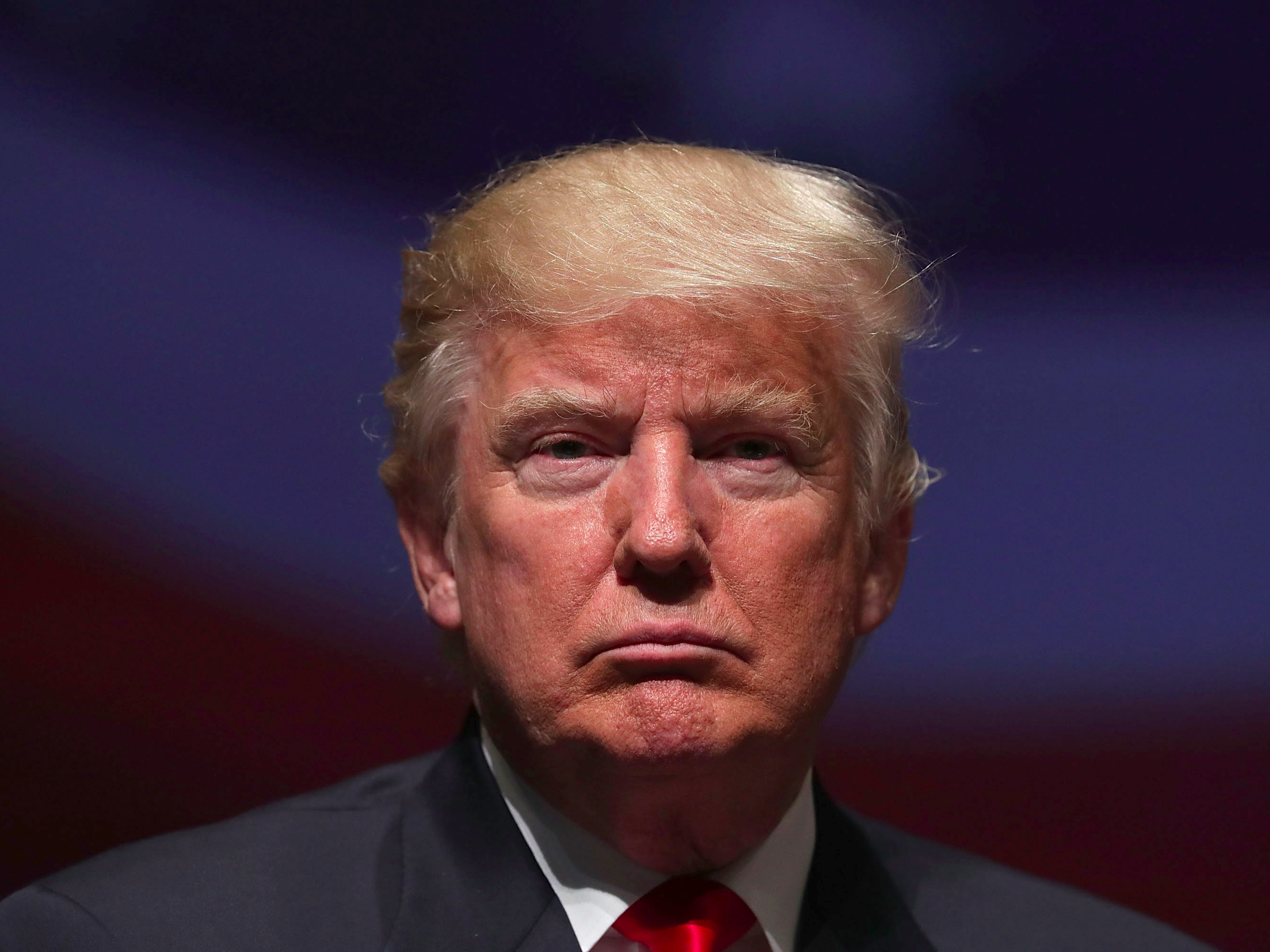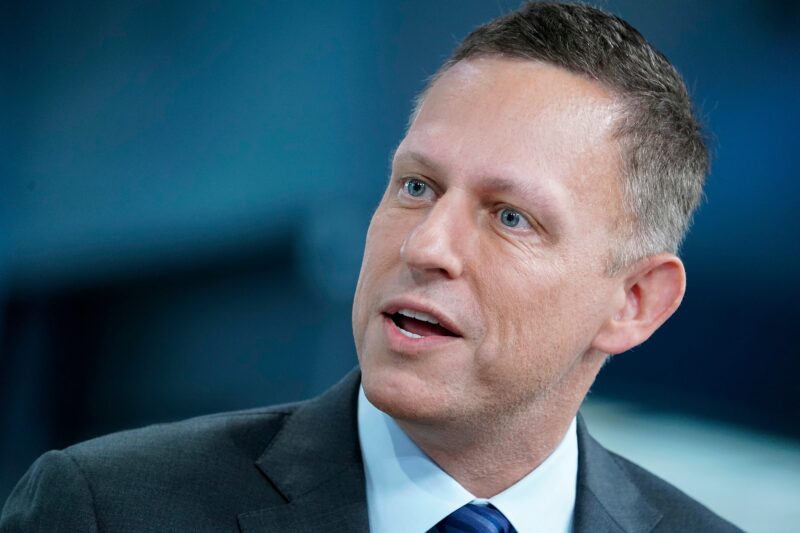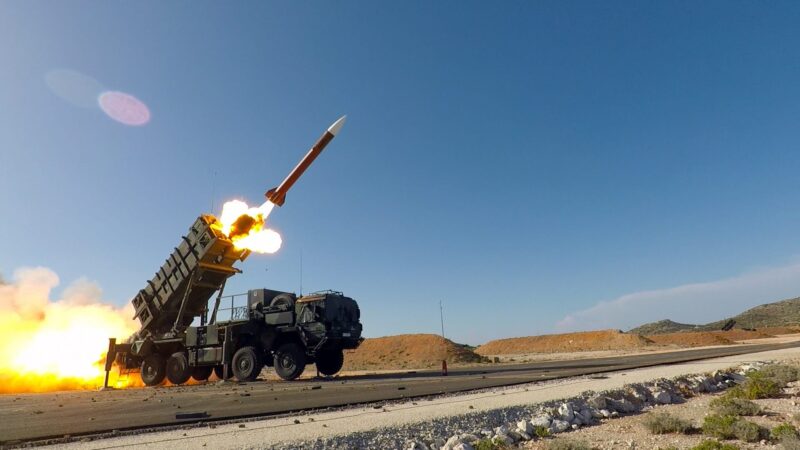President-elect Donald Trump on Sunday suggested a mysterious bloc of millions of “illegal” voters cast ballots for Democratic candidate Hillary Clinton on Election Day, costing him the popular vote.
Clinton is likely to defeat Trump in the popular vote by over 2 million votes.
“In addition to winning the Electoral College in a landslide, I won the popular vote if you deduct the millions of people who voted illegally,” Trump wrote in a tweet Sunday, without providing any factual evidence to support his claim.
Various far-right sites known for peddling false or misleading information, like the conspiracy-riddled InfoWars, claimed after the election that close to 3 million votes were cast by immigrants living in the US illegally. The fact-checking websites PolitiFact, Factcheck.org, and Snopes have all ruled that there is no evidence of widespread voter fraud.
Trump furthered the accusation on Sunday night by saying in a subsequent tweet that there was “serious voter fraud” in Virginia, New Hampshire, and California. No evidence of voter fraud in those states has surfaced.
This isn't the first time Trump has indulged his conspiratorial impulses about supposed voter fraud. Before the election, the president-elect frequently claimed that immigrants living in the US without permission were voting, constituting a "massive problem," despite providing no credible evidence to support his claim.
And despite lacking strong evidence, he also alleged voter fraud in the Florida Republican presidential primary and the Iowa caucuses. He too floated several different conspiracy theories claiming "dead voters" supported President Barack Obama's reelection in 2012.
Before it was apparent that Trump was slated to win on Election Day, his attorneys were already preparing to challenge election results in Nevada, accusing poll workers in left-leaning precincts of violating rules.
The president-elect's allegation came as infighting over Trump's pick for secretary of state spilled into the public view and as he has refused to change his business practices to reduce potential conflicts of interest to the office of the presidency.
It also came as Wisconsin officials prepared for a possible recount of the state's presidential election initiated by a request from Jill Stein, the Green Party nominee. The Clinton campaign said it would participate in the recount, though it said it had not found "actionable evidence" of voting irregularities or hacking. It also suggested it didn't expect results to change.
Trump spent much of the weekend raging against Stein and the Clinton campaign amid the recount effort.
"Hillary Clinton conceded the election when she called me just prior to the victory speech and after the results were in," Trump wrote in a Sunday tweet. "Nothing will change."











